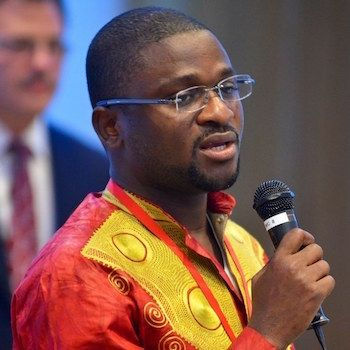Stadium Renovation Delayed Due to Seating Installation Challenges
- Francis D.W Horton
- Jul 21, 2025
- 2 min read

During a segment on AYV's morning program, Dr. Emmanuel Saffa Abdulai discussed the renovation of the Sierra Leone National Stadium. He noted that the project, which is reportedly 70% to 75% complete, is experiencing substantial delays due to unexpected structural challenges, particularly concerning the planning and installation of seats.
Dr. Abdulai, the National Director of Sports at the National Sports Authority (NSA), highlighted that despite impressive progress, issues have arisen from overlooked clauses in the initial contract with the Chinese construction firm overseeing the project. The original agreement did not account for seat installation, and the current addition requires drilling into the stadium's main structure, constructed in 1979, which introduces significant risks.
The decision to incorporate individual seating was prompted by a compliance directive from the Confederation of African Football (CAF) following their inspection two years ago. CAF stipulated that the stadium would not be approved for international matches unless appropriate seating was implemented to prevent overcrowding and potential incidents during high-pressure events.
This compliance requirement resulted in a six-month renegotiation with the Chinese contractors, who ultimately agreed to amend the original contract. However, this introduced a structural challenge: the existing concrete slab supporting the spectator stands, over four decades old, cannot be drilled into without reinforcement, as this could jeopardize the entire structure.
Given the age and fragility of the slab, the contractors opted to completely remove and rebuild a reinforced foundation capable of safely supporting the new seats. Although this engineering modification is time-intensive, it is crucial for ensuring spectator safety and the stadium's long-term viability. The slab from 1979 is incapable of supporting the new structure without the risk of collapse, necessitating a significant reconstruction effort.
Despite these setbacks, substantial progress has been made in other parts of the stadium complex. The practice field and tennis and basketball courts are fully completed. The swimming pool is nearing completion, and the hostel facilities are finished and currently being furnished.
Dr. Saffa expressed confidence that the entire stadium project will be completed by November 2026, provided there are no further delays. He assured that once the seating installation and structural reinforcements are finalized, Sierra Leone will possess a stadium ready to host international matches in accordance with global standards.








Comments